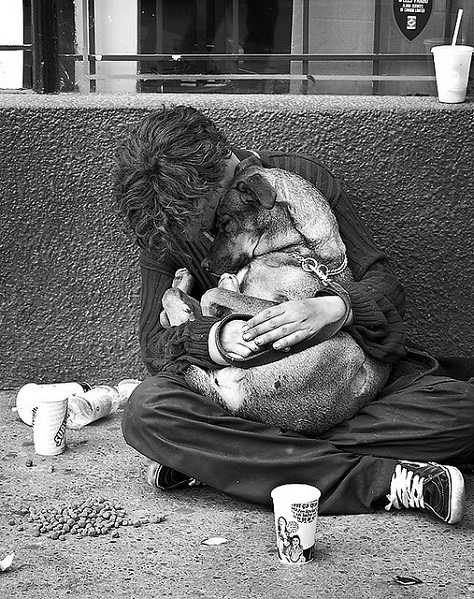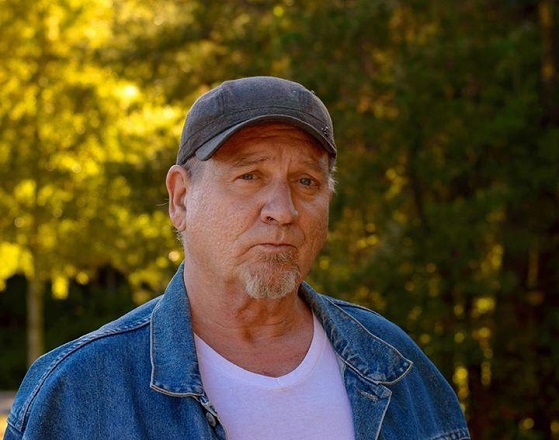Christ, Christmas & Christ Consciousness.

{source}
It almost seems absurd, or blasphemous, to use those three words together, so bifurcated has their meaning become.
I just spent another holiday season wondering to myself what the hell or heaven is going on here.
I live in a place — the US of A — where we have 50 million people living in poverty, 16 million of them children. To put that in perspective, that’s more than the entire populations of Canada and Greece combined.
And when I say poverty, I don’t mean someone who is not making enough money to pay their bills on time, or who can’t afford some extras. I mean people who don’t have enough money to be able to eat, or even have a roof over their heads and floor beneath their feet.
I know a handful where I live. I spent Christmas alone, talking now and then to some of them, helping one another not get crushed by the tsunami of unrealistic and romanticized emotions that we call the holidays.
The stats on poverty I pointed to earlier are not esoteric. They appear in the news and online every day. I myself write about this for national journals and speak at conferences on poverty and homelessness in America.
Yet my nation — the self-proclaimed most exceptional one on earth — goes on blithely ignoring it.
From before Thanksgiving until well into the New Year, its mainstream media blitzkrieg you with warm fuzzy images of people you don’t know sitting around fireplaces and in front of Christmas tress wishing you the happiest of holiday seasons.
Really? That’s the best you’ve got?
What would make me think America was truly exceptional?
If one of its vainglorious political, civic or religious leaders would have stood up and said, “In light of the fact that so many of our fellow citizens are living in poverty this season, I propose that instead of giving one another lavish gifts to impress, instead of appointing our churches with poinsettias and ornaments, I beseech that we dedicate and devote that money to finding ways to house, cloth and feed are citizens living in acute poverty.”
Amen.
So then what is Christ Consciousness, which we say we are commemorating and celebrating the arrival of on this Christmas day?
For me, and many others, it is a radical form of unconditional love and compassion.
Before the person of Jesus Christ was crucified, no one thought twice about these poor bastards who were routinely strung up on crosses for committing minor infractions against some Roman official, or just for the sake of scaring the local population and keeping them in check through fear.
That is simply the way life was: unjust, brutal, unpredictable and cruel. Unless you were born into privilege, you were pretty much fucked.
Christ somehow changed all that, historically. A commoner’s death was not only remembered but sanctified. His legacy: An ordinary person’s life and death matters as much as an aristocrat’s.
Game on!
So how have we become so numb to that extraordinary advance in human history? I can tell you this from experience, that watching a person die from poverty is like watching a crucifixion — only it usually takes longer. In that sense, the crucifixion is more humane.
The person in poverty is socially ostracized, then shunned by people and harassed and humiliated by the authorities, becomes isolated, then insane; a state of numbness and despondency sets in, until they finally, slowly, surrender and die. Merry Christmas.
I went through all of this myself, yet survived. How?
In another article I wrote for Rebelle Society, I describe my experience. As I lay on top of the bed (during the six weeks I would be in the motel room, I never once opened the bed and actually got in it) I stared up at the cigarette and crack-smoke-stained ceiling, and thought to myself: Lord, God, Life, Anything, I’m not getting out of here with my life or sanity intact without some help.
Help did not come immediately, but it came. Within the next three months, I would meet a handful of the most extraordinary, selfless, and I would say saintly, people that I have ever encountered.
I didn’t know any of them before this ignominy befell me, and yet they unquestioningly helped me find permanent housing, furniture, food — and for the first time in longer than I could remember, a sense of security and hope.
When an experience like this happens to you — and you’ve taken the necessary time to recover and restore yourself — there develops inside of you a very strong desire to want to reciprocate for the help you received by being of service to others in similar situations.
Metaphorically speaking, we are each of us crucified at some point in our lives, and resurrected or saved by something or someone.
That is the meaning of Christ, Christmas and Christ Consciousness. Let us re-sancfify the season and extend it to all we know, don’t know, and whether we know it or not, love.

